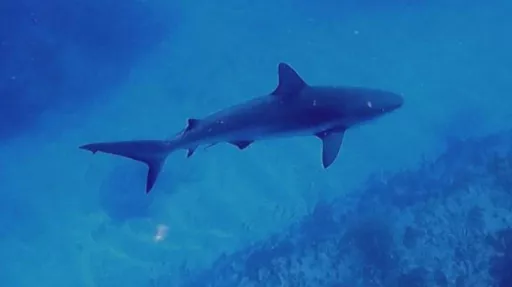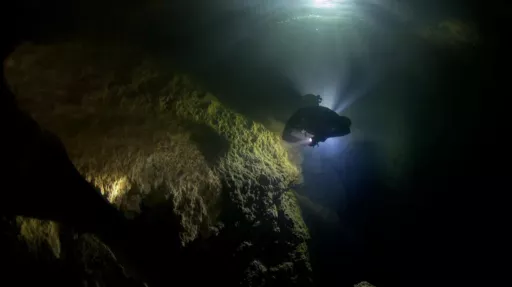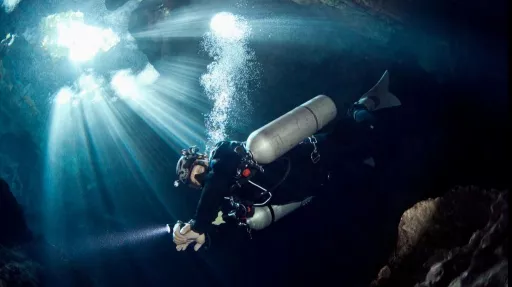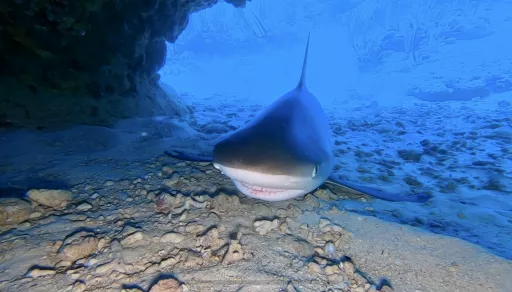Diving in Punta Cana
Punta Cana offers an incredible array of underwater experiences thanks to its diverse marine environments and vibrant ecosystems. Here’s a detailed look at what you can expect:
Dive Sites and Marine Life
- Reefs and Canyons: Punta Cana is home to the longest reef in the Dominican Republic, extending north to Bavaro. This reef system is rich with underwater canyons and caves, providing a range of dive environments. You can explore shallow reefs teeming with colorful fish or venture into deeper areas with more dramatic features.
- Wrecks: Diving among shipwrecks adds an exciting element to your underwater adventure. These wrecks often become artificial reefs over time, attracting a variety of marine life.
- Marine Species: The reefs and wrecks around Punta Cana are known for their diverse marine life. You can encounter game fish, small sharks, rays, and the region's most common resident, the nurse shark, which often hides in caverns and wrecks. Night dives reveal a different side of the underwater world, with lobsters, morays, and octopuses coming out to hunt.
- Humpback Whales: From December to March, you might be fortunate enough to hear the songs of humpback whales while diving. This is a prime time to experience these majestic creatures as they migrate through the area.
When to Dive
- Temperature: Punta Cana enjoys warm water temperatures year-round, ranging from 75-83°F (24-28°C). Air temperatures are also comfortable, ranging from 70-85°F (21-30°C).
- Seasonal Considerations:
- December to May: This period is the dry season with sunny, hot, and mildly humid conditions. While this is generally the best time for diving, be aware of the northern winter squalls which can create rough seas and heavy surges.
- December to March: Specifically, this is the ideal time if you want to experience humpback whales. For those interested in diving excursions to the southern coast or spotting whales, planning your trip between December and May is recommended.
Tips for Divers
- Night Dives: Schedule at least one night dive to see the nocturnal activity of marine creatures. This is when lobsters, morays, and octopuses are actively hunting.
- Safety and Comfort: Ensure you are prepared for the conditions, especially during the rougher periods caused by winter squalls. Check local dive conditions and forecasts to choose the best days for diving.
- Equipment and Certification: Make sure you have the proper equipment and dive certification for the dive sites you plan to visit. If you're new to diving or unfamiliar with the area, consider booking a dive with a local operator who can guide you to the best spots and ensure safety.
With its warm waters, rich marine life, and unique dive sites, Punta Cana is a fantastic destination for divers seeking both adventure and relaxation.



